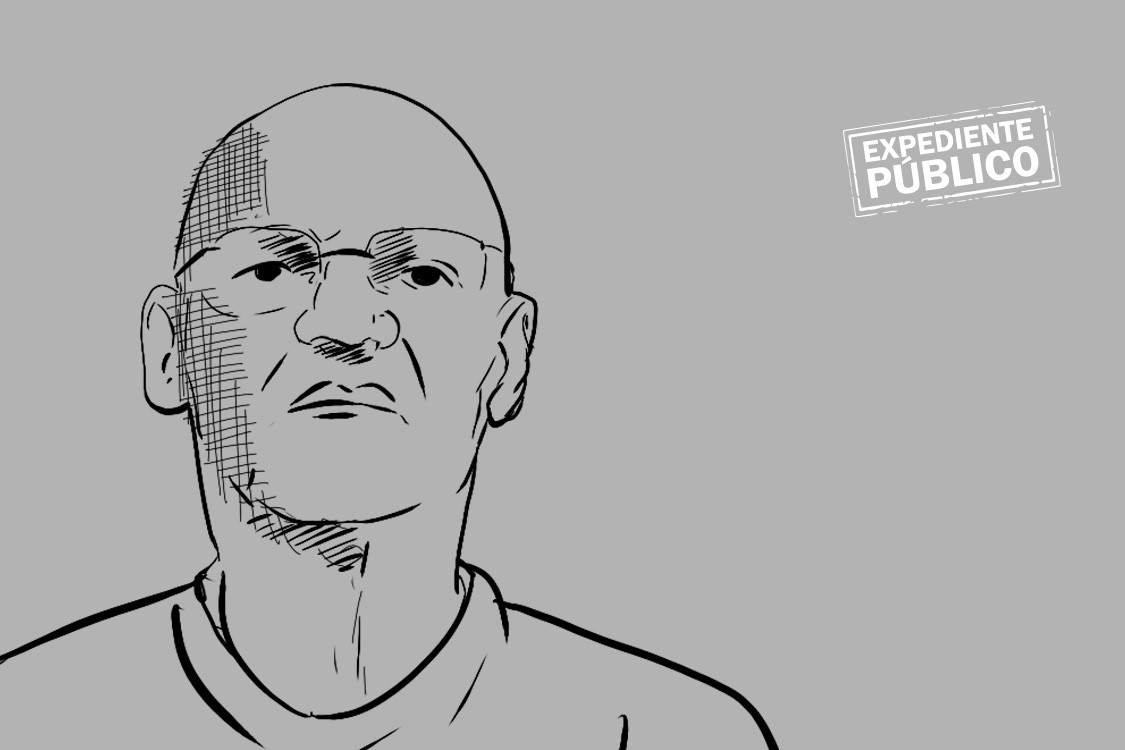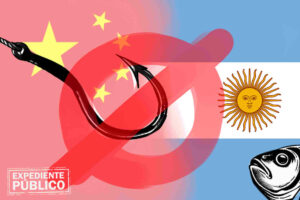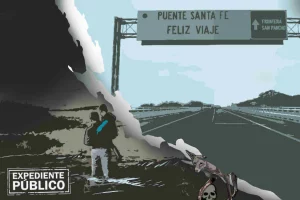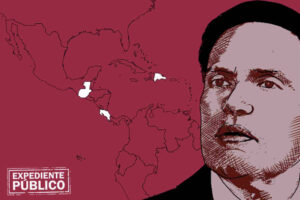*Even though Alcides Zeledón received three release orders, the Nicaraguan regime refused to release him from prison until he became part of the 222 exiles.
**In an interview with Expediente Público, the former political prisoner said that he “hope(d) for a change soon” in Nicaragua to have “a free homeland.”
Expediente Público
Alcides Zeledón spent 39 months detained in Nicaragua. His crime was giving food to the demonstrators who supported the protestors following the April 2018 civil rebellion in Nicaragua. After becoming one of the 222 Nicaraguans exiled by Daniel Ortega’s regime, Zeledón, who is now in the United States, told Expediente Público about everything he suffered while in prison.
“I did not expect to be released, but it happened thanks to the intervention of our Lord. I am looking to stabilize myself emotionally because emotional damage is the biggest impact that the imprisonment has had on my life, although physically I am fine,” said Zeledón, a Jinotegan cattle rancher who supported the 2018 protests.
After the outbreak of the sociopolitical crisis, Zeledón left the country for several months and returned to Nicaragua in 2019 thinking that he would be left alone. But the Ortega regime does not forgive and forget. He was later captured and imprisoned for 39 months.
Subscribe to Expediente Público’s newsletter and receive more information
One of the 222 exiles
As one of the 2022 former political prisoners expelled from Nicaragua, Zeledón, a day after his expulsion from the country, expressed to Expediente Público from Washington, DC that he desired for Nicaragua to have the same conditions and democracy as his host country.
Read: Expresos políticos: “operación azul y blanco”
“I got out of jail. Eight hours later, I was staring at an aircraft door, deciding if I was going to stay or leave,” he remembered.
“Without thinking, I decided that I would go, leaving my family, although it pained my soul. I thought that I would have another opportunity to see them,” he said.
“We have received a lot of support, but I hope that it is not momentaneous. Independently of whether in Nicaragua they say that I have been exiled, I am still Nicaraguan and want to return,” he said.
Read: Los cinco fieles a Daniel Ortega y ahora desterrados
“We have received great support: psychological and medical, along with immigration guidance, communication, and food, which has in large part come from the diaspora, which goes hand in hand with us. I see a change in the faces of many people there who were morally devastated; now their countenances are different,” he said.
All because he gave away food
Markedly thin at 58 years of age, it is difficult to recognize Zeledón today when compared with his photos posted to social media as a free man. It is ironic because his original crime was giving food to protestors participating in road and street blockades in Jinotega.
Read: Edward Lacayo: “La loba feroz”: “Nicaragua es una gran prisión”
“I remained in jail for 39 months with three release orders. I did not have the right as a Nicaraguan citizen to opt for that benefit. Now, I have no choice but to move forward,” he said.
The cattle rancher has family members and friends who arranged to host him in the United States, including his son, brother, and several cousins.
A prisoner in Matagalpa
“My story is simple. As I told one of the officials investigating me, who was too young to have his position, my father was turned away by the Sandinista Front one day after the revolution in 1979, after having helped them,” he commented.
Zeldón was part of the group of political prisoners from Jinotega and Matagalpa in the penitentiary system of Waswalí, some 140 kilometers to the north of the capital of Managua.
Read: Expresos políticos desterrados de Nicaragua celebran la libertad
Praying for a reunion with his mother
“My mother has sacrificed herself to see me free. She is strong and healthy, which was one of my requests, that she not get sick. God will not take her from me like he took my father,” she said.
Zeledón said that he has many people to thank because he did not know so many were interceding for his release. “It will take me two or three days to call or write them,” he said.
“I hope for a change soon and that I will be able to thank them personally in a free homeland,” he concluded.
Subscribe to Expediente Público’s newsletter and receive more information





